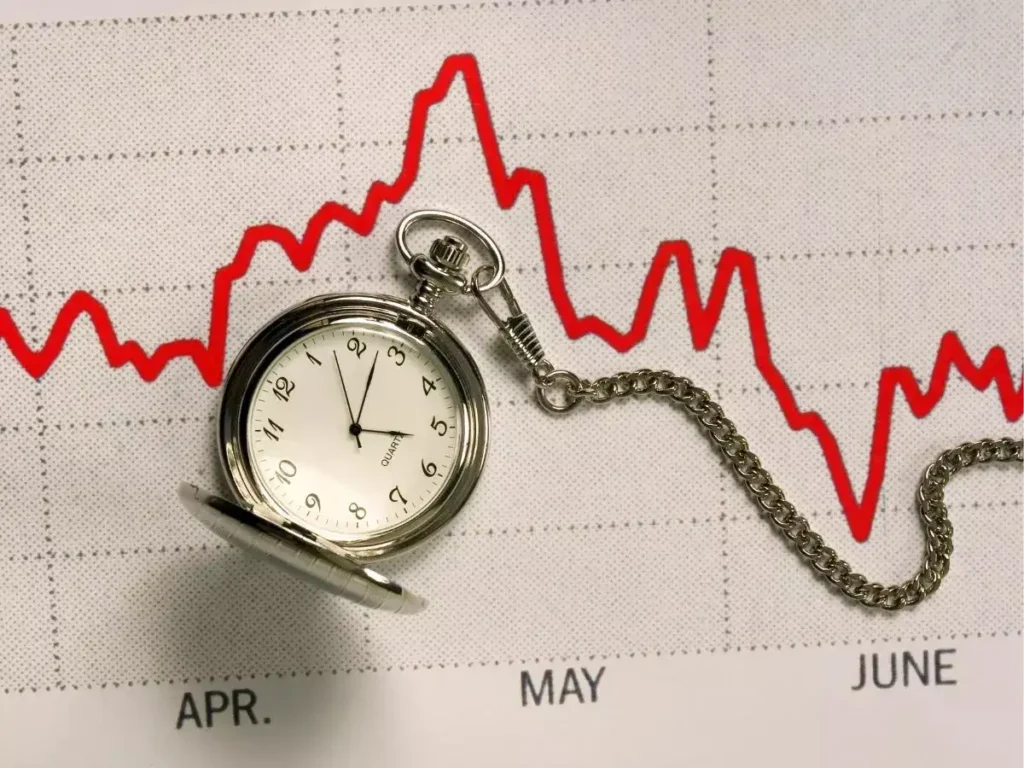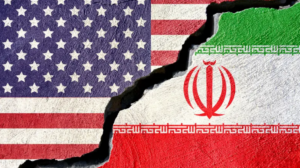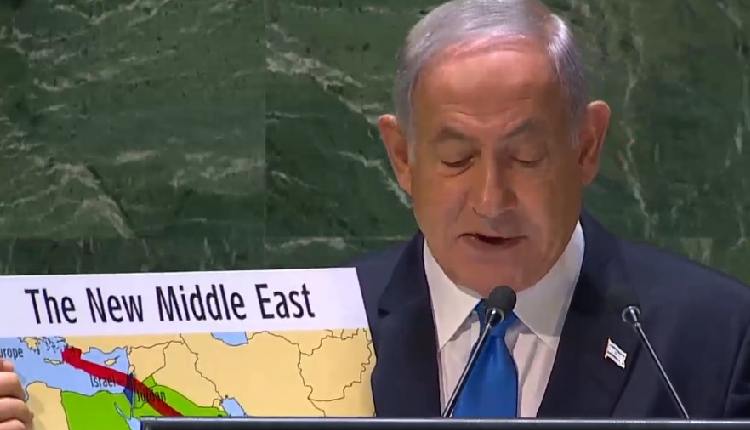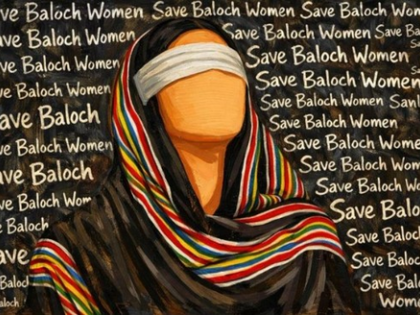
Pakistan’s economic challenges are often discussed in terms of mounting debt, fiscal deficits, and underwhelming exports.
But beneath the surface lies a shadow economy that silently siphons billions from the state — a recent report has now put a staggering number on the cost of this hidden crisis.
According to a new study by the Policy Research Institute of Market Economy (PRIME) in collaboration with the Transnational Alliance to Combat Illicit Trade (TRACIT), smuggling is costing the country nearly $12.1 billion (3.4 trillion in Pakistani rupee/PKR) annually — a figure equivalent to 3.5% of its GDP.
This is not just a technical footnote in economic analysis.
The $12.1 billion in estimated losses equate to about 26% of the Pakistani government’s total tax revenue target for the current fiscal year, illustrating a gaping leak in the national purse that the country can ill afford as it struggles to meet its budgetary commitments and international obligations.
The report lays bare how deeply embedded illicit trade has become in Pakistan’s economic framework, and how difficult the task will be to extricate legitimate enterprise from the clutches of its illegal counterpart.
A systemic menace
At the core of the problem is not simply the act of smuggling itself, but a networked and organised ecosystem that thrives on regulatory loopholes, porous borders, and weak enforcement.
The most striking revelation in the report is that nearly $3.56 billion (1 trillion in Pakistani rupee) — almost 30% of the total smuggling-related losses — can be traced to the misuse of the Afghan Transit Trade (ATT) facility.
Intended to facilitate the movement of goods from Pakistani ports to landlocked Afghanistan, the ATT has long been suspected of serving as a front for goods that never leave Pakistan or re-enter illicitly through backchannels.
The scale of this misuse is now difficult to ignore.
Containers meant for Afghanistan often vanish mid-route, or their contents are offloaded and redirected to Pakistani markets without paying the appropriate duties and taxes.
From consumer electronics and garments to tyres, sugar, and edible oil, these diverted goods flood the domestic market at below-market prices, undermining legitimate businesses and skewing market dynamics.
Undermining key sectors
The effects of smuggling and counterfeit trade are not evenly distributed — they disproportionately impact some of the country’s most vital sectors.
The tobacco industry is one of the most glaring examples.
Despite strict regulations and high taxes imposed on cigarette manufacturers, more than a third of the market is reportedly controlled by tax-evading brands that either enter the country through illegal routes or are produced domestically under the radar of tax authorities.
These brands undercut legal producers, depriving the government of billions in tax revenue while exposing consumers to unregulated and potentially more harmful products.
Petroleum is another major sector in which illicit trade is rampant.
Smuggled fuel from Iran has long been a staple in parts of Balochistan and southern Punjab, where it is sold openly in roadside stalls.
Not only does this cost the national exchequer enormous sums, but it also discourages investment in Pakistan’s own petroleum infrastructure.
The government’s attempts to curb this trade have yielded limited results, given the strong nexus between local smugglers, political patronage, and corruption within enforcement agencies.
Perhaps most disturbingly, the pharmaceutical sector has also fallen prey to counterfeit and smuggled products.
Fake or unregistered medicines circulate freely in markets across the country, often indistinguishable from their legitimate counterparts.
This is not merely a matter of lost revenue — it’s a public health crisis in the making.
Counterfeit drugs can lead to medical complications, drug resistance, and in worst cases, fatalities. Yet the scale and reach of this trade continue to grow, with law enforcement appearing either overwhelmed or complicit.
The governance conundrum
The structural causes of smuggling in Pakistan are deeply rooted in governance challenges.
Border control is lax, especially along the western frontiers, where terrain, tribal dynamics, and a lack of technological oversight make monitoring nearly impossible.
Customs enforcement is chronically under-resourced and often accused of corruption.
Inspections are sporadic and predictable, and in many instances, smuggling routes operate with the tacit knowledge of local authorities.
Moreover, the regulatory framework is inconsistent.
High import duties and excessive taxation in certain sectors create strong incentives for smuggling.
When formal channels become too expensive or burdensome, traders — both big and small — find informal avenues more attractive.
The consequence is a parallel economy that grows stronger with each passing year, hollowing out the formal economy and eroding public trust in institutions.
The political will to address these issues has also been lacking.
Smuggling networks often enjoy protection from powerful local actors, some of whom have influence over political parties or even occupy seats in provincial and national assemblies.
This nexus makes crackdowns selective and ineffective. Periodic campaigns are launched to demonstrate action, but they tend to fizzle out without meaningful reform or structural change.
The cost to the nation
Beyond fiscal losses, the societal cost of smuggling is equally corrosive.
It distorts economic incentives, discourages formal investment, and de-legitimises the idea of fair competition.
Legal businesses — particularly small and medium-sized enterprises — are forced to compete against cheaper, untaxed goods, which drives many into the informal sector themselves.
This leads to a vicious cycle where more and more economic activity escapes the tax net, and the government becomes increasingly reliant on a shrinking base of taxpayers to fund essential services.
The impact on employment is also worth noting.
Formal sectors constrained by unfair competition struggle to expand, limiting job creation and wage growth.
Meanwhile, the shadow economy fosters low-wage, insecure jobs that offer no legal protections.
In a country with a youth bulge and high unemployment, this dynamic exacerbates social instability and weakens the long-term prospects for inclusive growth.
A national security threat
Perhaps the most underappreciated dimension of smuggling is its impact on national security.
Illicit trade is often interlinked with criminal syndicates and, in some cases, militant financing.
Profits from smuggling routes can be used to fund activities that undermine state authority or support extremist groups.
In regions where state writ is weak, smuggling becomes a parallel system of governance, replacing the rule of law with the rule of profit.
This risk is particularly acute in border areas, where the lines between trade, trafficking, and insurgency blur.
Tackling smuggling is thus not just an economic imperative — it is a strategic necessity.
The latest study by PRIME and TRACIT lays bare the immense economic and societal costs of smuggling in Pakistan.
The $12.1 billion in annual losses is a headline-grabbing figure, but the deeper story is about a system that allows this scale of illicit activity to flourish.
In an era when Pakistan faces pressure from international lenders, rising public debt, and economic volatility, ignoring the shadow economy is no longer an option. The question is whether the state is willing — or able — to confront the entrenched interests that sustain it.






